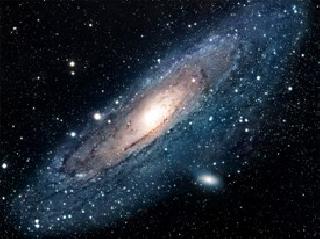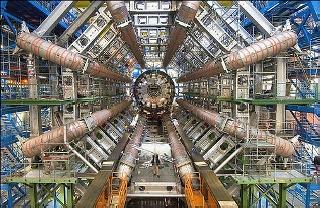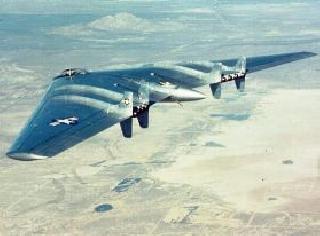
A file photo.
LONDON (PTI): A NASA scientist claims to have discovered an alien life form -- out-of-this-world bacteria in meteorites which have fallen in remote areas across globe.
According to Dr Richard Hoover, an astrobiologist with NASA's Marshall Space Flight Center, the alien life form could explain how life on Earth started.
He explains that travelling to Antarctica, Siberia and Alaska he has studied an extremely rare form of meteorites -- CI1 carbonaceous chondrites -- of which only nine are known to exist on Earth.
"I interpret it as indicating that life is more broadly distributed than restricted strictly to the planet Earth. This field of study has just barely been touched -- because quite frankly, a great many scientists would say that this is impossible.
"The exciting thing is that they [the bacteria] are in many cases recognisable and can be associated very closely with the generic species here on Earth.
"There are some that are just very strange and don't look like anything that I've been able to identify, and I've shown them to many other experts that have also come up stumped," Dr Hoover told 'Fox News'.
Dr Hoover would collect each meteorite stones and break them in laboratory conditions, scanning for fossilised remains. It was then he made his discovery, identifying one biological remain as having no nitrogen -- something that, until now, is found in all living organisms.
"If someone can explain how it is possible to have a biological remain that has no nitrogen, or nitrogen below the detect ability limits that I have, in a time period as short as 150 years, then I would be very interested in hearing that.
"I've talked with many scientists about this and no one has been able to explain," he said.
The findings are published in the latest edition of the 'Journal of Cosmology' which have now invited scientists across the world to review Dr Hoover's claims.
Editor-in-Chief Dr Rudy Schild was quoted by the 'Daily Mail' as saying, "Given the controversial nature of his discovery, we have invited 100 experts and issued a general invitation to 5,000 scientists from the scientific community to review the paper and to offer their critical analysis."
Dr. Seth Shostak, a senior astronomer at the SETI Institute, said there is a lot of hesitancy to believe such finding. "May be life was seeded on earth -- it developed on comets for example, and just landed here when these things were hitting the very early Earth.
"It would suggest life didn't really begin on the Earth, it began as the solar system was forming. The findings will need to undergo independent testing before they can be classified as a confirmed signature of life."
 Previous Article
Previous Article Next Article
Next Article













The Indian Air Force, in its flight trials evaluation report submitted before the Defence Ministry l..
view articleAn insight into the Medium Multi-Role Combat Aircraft competition...
view articleSky enthusiasts can now spot the International Space Station (ISS) commanded by Indian-American astr..
view article